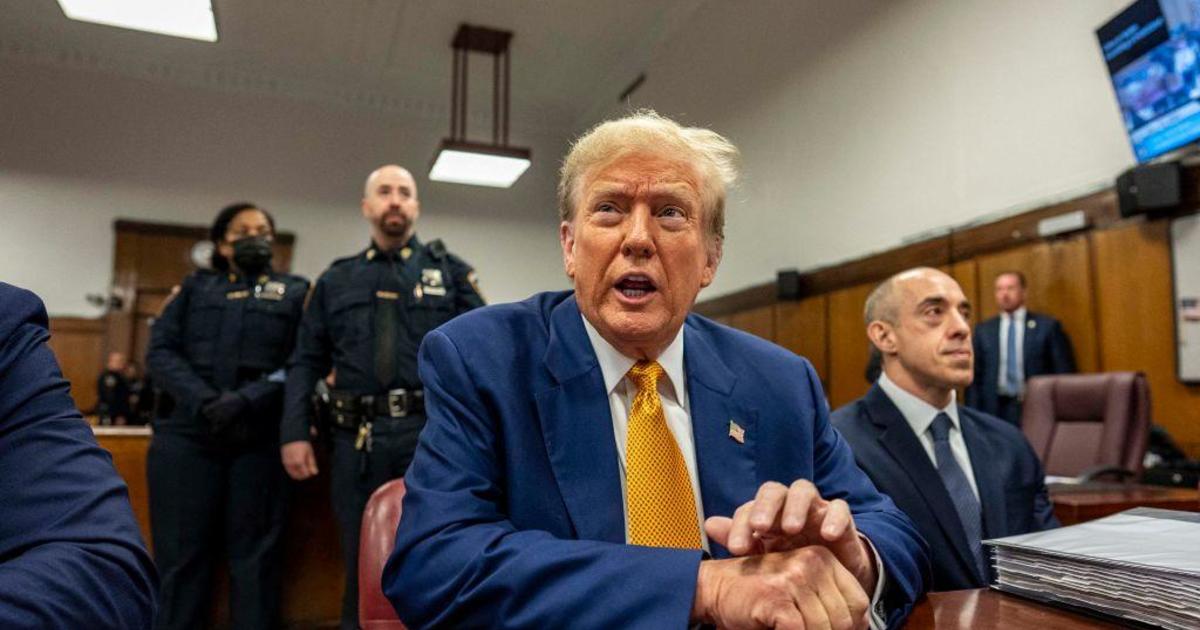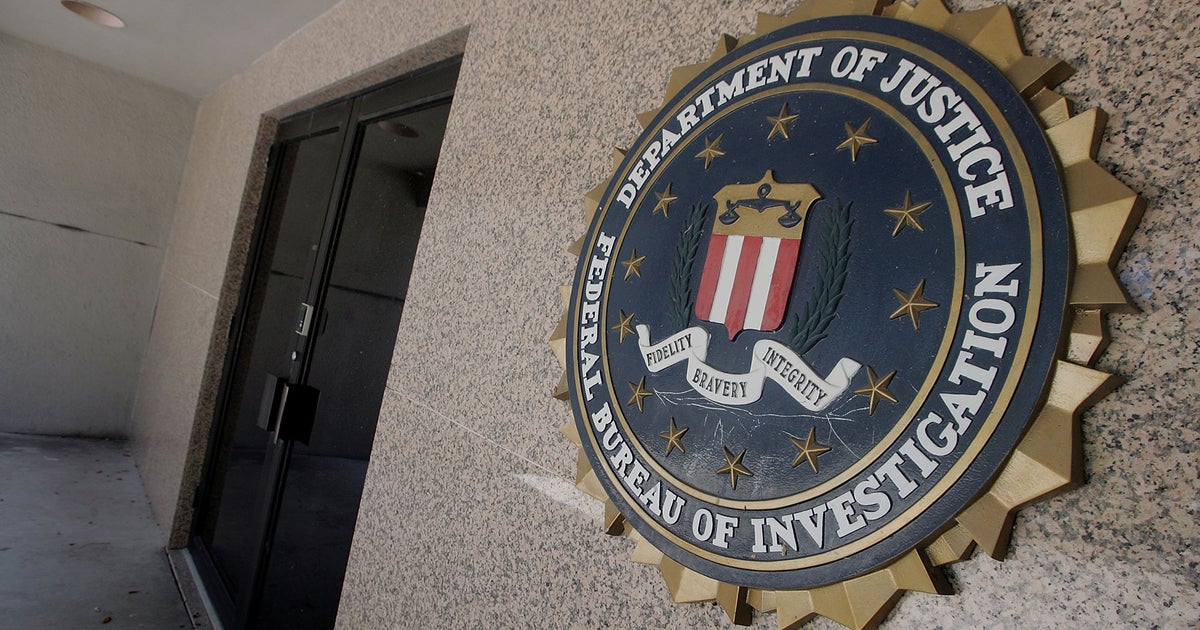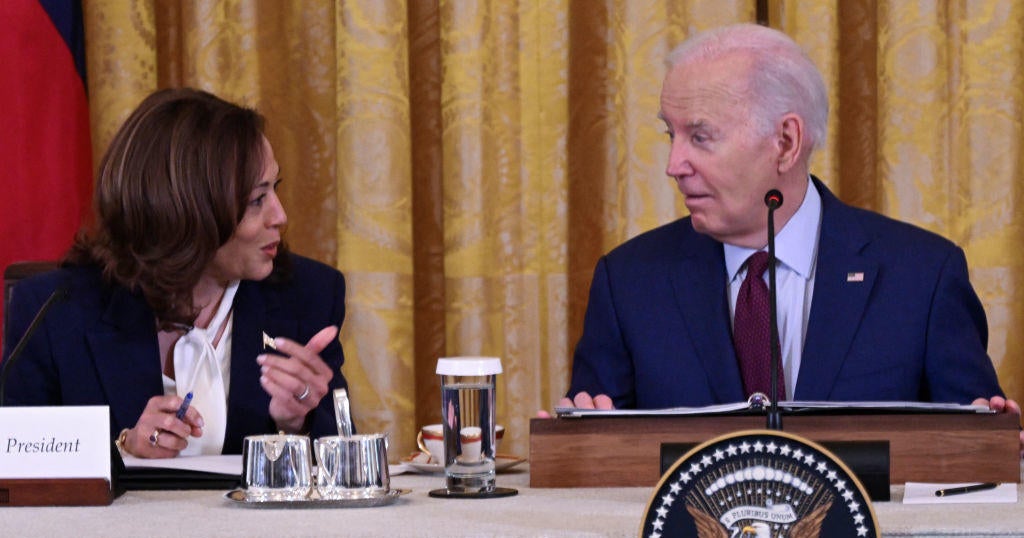FBI says monitoring of Trump campaign adviser Carter Page should've ended sooner
The Justice Department has concluded that it should have ended its surveillance of a former Trump campaign adviser earlier than it did because it lacked "insufficient predication" to continue eavesdropping, according to an order made public Thursday by the secretive Foreign Intelligence Surveillance Court.
The FBI obtained a warrant in 2016 to eavesdrop on former Trump national security aide Carter Page on suspicions that he was secretly a Russian agent. The Justice Department renewed the warrant three times, including during the early months of the Trump administration.
But the Justice Department's inspector general has harshly criticized the FBI's handling of those applications to the Foreign Intelligence Surveillance Court. It says the FBI omitted from the court key details that undercut its original premise about Page, who has denied any wrongdoing and was never charged as part of the investigation into any ties between Russia and the Trump campaign.
In an order made public Thursday, the court's chief judge, James Boasberg, said the Justice Department informed the court last month that two of the four applications were invalid because "there was insufficient predication to establish probable cause to believe that (Carter) Page was acting as an agent of a foreign power."
The judge also said that the Justice Department had agreed to sequester all of the material collected under all of the Page warrants, pending further review of the Justice Department's IG report and the "outcome of related investigations and any litigation," and the department said that it would update the court at that time. That indicates that the other two applications are also under some type of review, too, though the Justice Department did not elaborate and did not tell the FISA court what would be involved in the sequestration. By January 7, the date of the order, the court had not received any updates.
The court has demanded explanations from the Justice Department by next week about the four applications, and information about how the secrecy of the material was being protected, as well as explanations about the "related investigations" and litigation referenced by the department.
After the inspector general's report, the surveillance court issued a rare and extraordinary public order saying the FBI had submitted "unsupported" information when it applied to eavesdrop on Page. Judge Rosemary Collyer wrote in mid-December, "The frequency with which representations made by FBI personnel turned out to be unsupported or contradicted by information in their possession, and with which they withheld information detrimental to their case, calls into question whether information contained in other FBI applications is reliable." The court directed the FBI to report back by end of the month on what steps it was taking to fix the problems.
FBI Director Chris Wray announced a series of changes designed to improve the thoroughness and accuracy of applications submitted to the surveillance court, which grants secret warrants to the FBI when they can show probable cause that the target of their eavesdropping is an agent of a foreign power, such as a suspected spy or terrorist.
Clare Hymes and Catherine Herridge contributed to this report.



